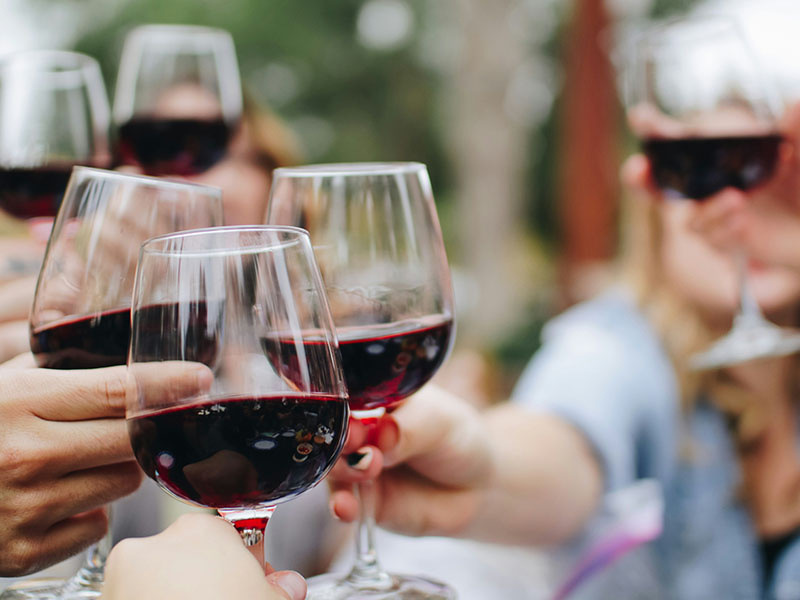It’s a question many fitness enthusiasts ask: does drinking alcohol make you gain weight? The answer isn’t as simple as yes or no. At YOUR Personal Training, we believe in giving you the facts so you can make informed choices about your health and fitness journey.
How Alcohol Affects Your Weight
Calories in Alcohol
Alcohol is high in calories—about 7 calories per gram—which is more than carbohydrates or protein, but less than fat. These calories add up quickly, especially if you enjoy multiple drinks or sugary cocktails.
Digestion and Metabolism
Unlike food, alcohol gets priority in your digestive system. Your body works hard to break it down quickly, which means other nutrients from food may be stored as fat if you’re consuming excess calories. This is especially true if you eat high-calorie foods while drinking.
Appetite and Food Choices
Alcohol can lower your inhibitions and increase your appetite, leading to cravings for salty or fatty foods. This can result in overeating and extra calorie intake.
Effects on Fat Burning
Drinking alcohol can temporarily stop your body from burning fat, as it focuses on processing the alcohol first. This isn’t a major issue with occasional drinking, but regular heavy drinking can interfere with weight loss efforts.
What Does the Science Say?
- Light-to-moderate drinking: Research shows that moderate alcohol intake doesn’t necessarily cause weight gain, especially if you stay active and manage your overall calorie intake.
- Heavy or binge drinking: This is more consistently linked to weight gain and increased risk of obesity, particularly around the abdomen.
- Individual factors: Weight gain from alcohol depends on how much you drink, how often, what you eat, and your own metabolism.
Tips for Enjoying Alcohol Without Gaining Weight
- Choose lower-calorie drinks: Opt for dry wine, spirits with soda or tonic, or light beer.
- Watch your portions: Stick to recommended guidelines—one drink per hour.
- Eat mindfully: Enjoy balanced meals before or while drinking, but avoid greasy, high-calorie foods.
- Stay active: Regular exercise helps offset extra calories from alcohol.
- Stay hydrated: Drink water between alcoholic drinks.
The Bottom Line
Alcohol itself doesn’t automatically make you fat, but it can contribute to weight gain if you drink excessively, make poor food choices, or ignore your overall calorie intake. The key is balance and moderation.
If you’re looking for personalised advice on nutrition, fitness, or managing your weight, a PT at YOUR Personal Training can help you create a plan that works for your lifestyle.

